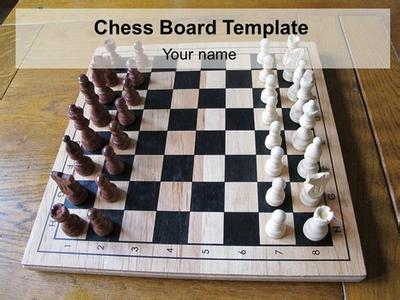Business: Board games Not twilight, but sunrise

Each October it plays host to Internationale Spieltage, or Spiel, a board-game convention that is half fan-club gathering, half trade show—and, alongside America's Gen Con, one of the biggest gaming festivals in the world.











